Trump-Putin meeting comes at low point for US-Russia relations
U.S.-Russia relations are at the lowest point since the Cold War.
President Trump will finally have his summit with Russian President Vladimir Putin, a one-on-one that the president has been calling for since his campaign, but which many analysts worry could lead to the U.S. horse-trading with a bad actor.
The White House says the two leaders will discuss important issues in U.S.-Russian relations, and Trump will try to improve the relationship that is currently at its lowest point since the Cold War.
Indictments of Russian agents for alleged hacking and election interference. Sanctions. Diplomatic expulsions. The last few years, going back to Russia's annexation of Crimea in 2014, have brought high tension between the U.S. and Russia.
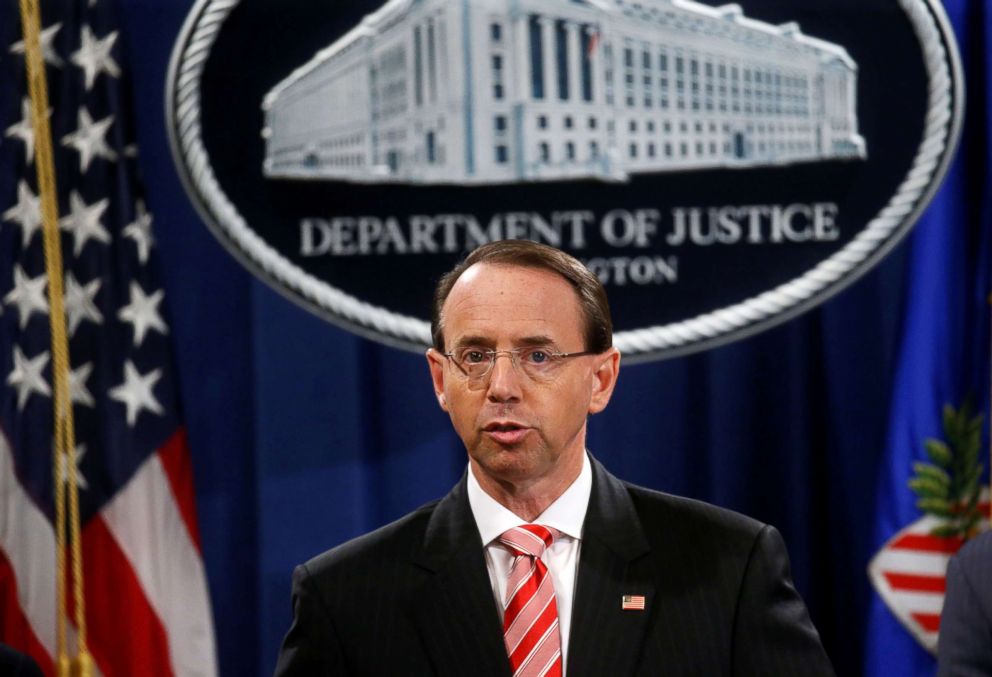
Putin and Trump are also expected to also address global issues that have put the two countries at odds, including Ukraine, Syria, arms control, and North Korea.
"I’m not going in with high expectations, but we may come out with some surprising things," Trump said at a press conference Friday with U.K. Prime Minister Theresa May in England.
Here's a look at the top issues.
Bilateral relations
"Hopefully, we will have a very good relationship with Russia," Trump said at Friday's press conference as he stood beside May, whose country is still reeling after a chemical weapons attack by Russian agents in March and a possible second one this month.
This is a common refrain from Trump, who has called for better relations with Russia since he was a candidate. "We're competitors, not a question of friend or enemy. He's not my enemy. And hopefully, someday, maybe he'll be a friend," he said of Putin at NATO headquarters a week ago.
Despite his attempts to forge that friendship, U.S.-Russian relations are acrimonious. Russia forced the U.S. to draw down its diplomatic presence in the country last summer -- a delayed response to President Obama's ordering expulsions of Russian diplomats in retaliation for Moscow's interference in the 2016 election. The U.S. responded by closing the Russian consulate in San Francisco and expelling more Russians.
Congress also passed sweeping new sanctions on Russia last summer that Trump begrudgingly signed because Republicans and Democrats say the administration has not done enough to punish Russia for its election interference and deter them from acting again in the 2018 midterms.
Trump has said he will raise the issue of election interference: "I will absolutely bring up 'meddling'," he said Friday. But in the past, he has cast doubt on whether Russia, in fact, did meddle in the U.S. election, seeming to give credence to Putin's denials. Trump told reporters last November he believed Putin, only to have the White House walk that statement back afterward.
As Trump's own director of national intelligence, Dan Coats, told Congress in February, Russia has not been deterred: "There should be no doubt that Russia perceives its past efforts as successful and views the 2018 U.S. midterm elections as a potential target for Russian influence operations."
After the chemical attack in the U.K., the U.S. expelled more Russian diplomats and closed the Seattle consulate, with the Russians responding in kind.
While there was a working-level group between Under Secretary of State Tom Shannon and Deputy Foreign Minister Sergei Ryabkov to address these issues, it has not met in months; Shannon has since left the State Department, with no plans for someone else to take on this role.
At the very least, Trump may come out of this summit waving a flag of truce, trying to halt the tit-for-tat downward spiral of relations and possibly improving them. But the U.S. actions have come over specific violations of international norms, including American elections, so any sanctions relief or restoration of diplomatic ties would be seen as a concession to Russia and a tacit green light for their aggression.
Ukraine
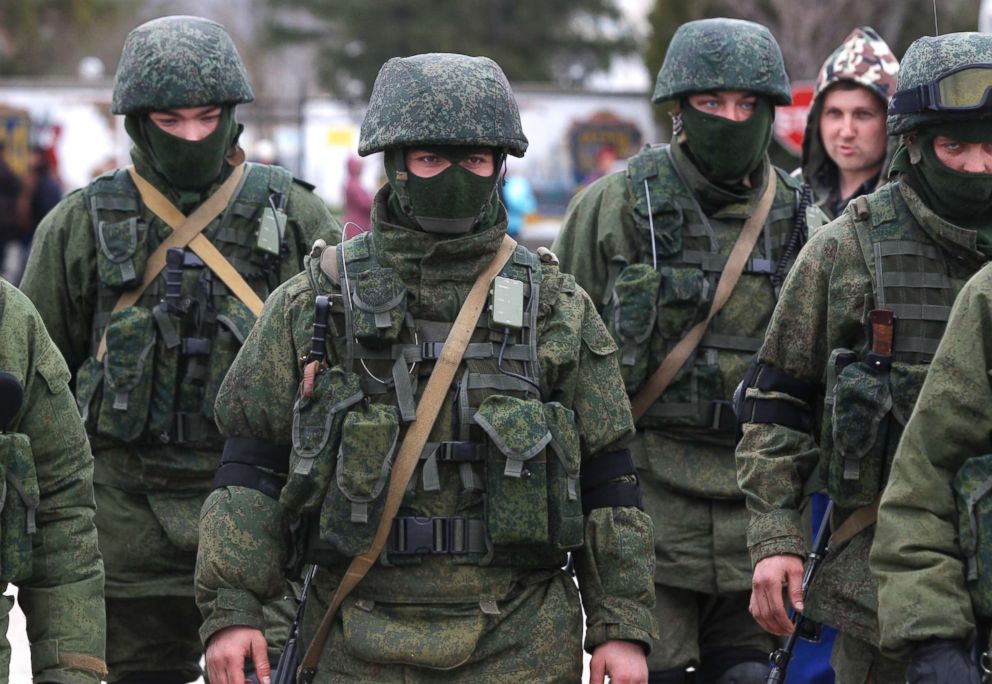
Nowhere is Russia's aggression more apparent than in Ukraine. Trump's State Department has spent months blasting Russia for backing, arming, and leading separatist forces in eastern Ukraine, and the administration maintains that it will never recognize Russia's illegal annexation of Crimea, the Ukrainian peninsula that Russia invaded in 2014, leading to U.S. and European sanctions. Fighting in eastern Ukraine continues after over four years, with more than 10,000 people dead.
While Trump's administration has been tough on Russia over Ukraine -- sending lethal arms to the Ukrainian government, expanding sanctions on Russians for their involvement, and supporting the Organization for Security and Cooperation in Europe, which monitors the war -- Trump has expressed doubts.
He has reportedly told European leaders that Crimea should be Russia's because many of its inhabitants speak Russian, and when asked whether he would recognize Russia's annexation last Thursday, he pointed to Russia's opening a bridge to Crimea, a submarine port, "substantially added billions of dollars... What will happen with Crimea from this point on? That I can't tell you."
Even leaving the door open to Russia's land grab has unnerved allies in Europe, especially eastern Europeans who could face the same threat from Russia, as it has also invaded Georgia and Moldova.
Syria
Trump's possible recognition of Crimea could be part of a larger deal that ties into Syria. After over seven years of a horrific civil war, large swaths of Syria are starting to appear more firmly under the command of President Bashar al-Assad, who is supported by Russian air power and Iranian and Iranian-backed militias, although U.S.-backed groups, including the Kurds, maintain control in parts of the country.
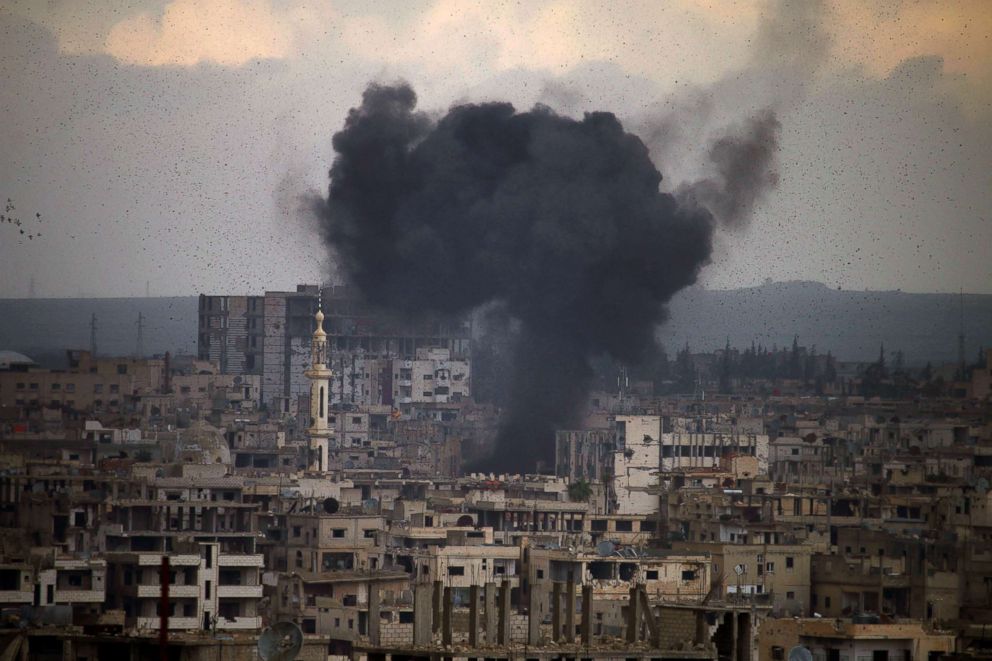
Despite Assad's brutal tactics, including the use of chemical weapons, barrel bombs, and torture, and repeated calls by the U.S. and others for him to step down, the Trump administration, influenced by allies like Israel and the Arab states, now sees Iran as the biggest threat in Syria. Seeking an end to Iran's military presence there, which threatens those allies and regional stability, the U.S. may pursue a deal with Russia, analysts say. In exchange for Russia's kicking Iran out of Syria, Trump could recognize Russia's annexation of Crimea or draw down U.S. sanctions.
But it's not clear Russia has the capability or the interest to get Iran out, and because of sanctions imposed by Congress, Trump can no longer unilaterally end sanctions on Russia either.
Either way, the two leaders are also likely to discuss the ceasefire zone both sides agreed to in southwestern Syria last year. Negotiated with Jordan, it was heralded by the U.S. as a path forward to quell the violence in Syria and move toward peace. But in the last few weeks, the Assad regime, backed by Russian air power, has pushed into that area in open violation of the agreement. While the Trump administration has voiced concern, it has done nothing to stop the advance, shattering the agreement it held up as a success.
Arms control
Arms control may be the lowest-hanging fruit on which the two leaders can reach some sort of agreement. But even that won't be easy. Trump told reporters Thursday in Brussels that he would bring up Russia's violation of the Intermediate-Range Nuclear Forces Treaty, or INF, and said he would like to extend New START, an agreement that limits the number of deployed nuclear weapons and creates a new inspections regime but which expires in 2021.
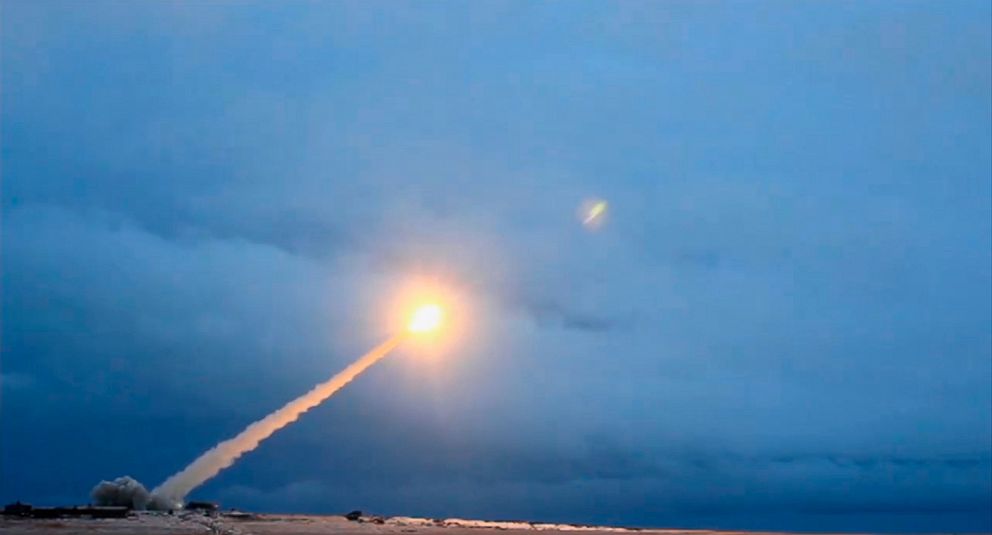
Trump has previously blasted that agreement as a bad deal negotiated by his predecessor. It's unclear what changed that he now wants to extend it.
The best that could be hoped for here is that out of their summit, Putin and Trump announce new talks to negotiate a follow-up agreement. The two sides last sat down in September, but a second meeting in March was canceled.
Still, the idea of nuclear talks seems to appeal to both Trump, who is looking for a win from the summit, and Putin, who wants Russia to appear as an equal to the U.S. and a nuclear superpower on the world stage.
There's no shortage of irony, however, in making an arms control agreement with Russia after it has deployed chemical weapons in the U.K. and blessed their use in Syria.
North Korea
While China is North Korea's most important trading partner, Russia also has strong historic and economic ties to Pyongyang -- something the U.S. has called out over the last couple years as it has tried to tighten the noose on North Korea and demand it dismantle its nuclear weapons program.
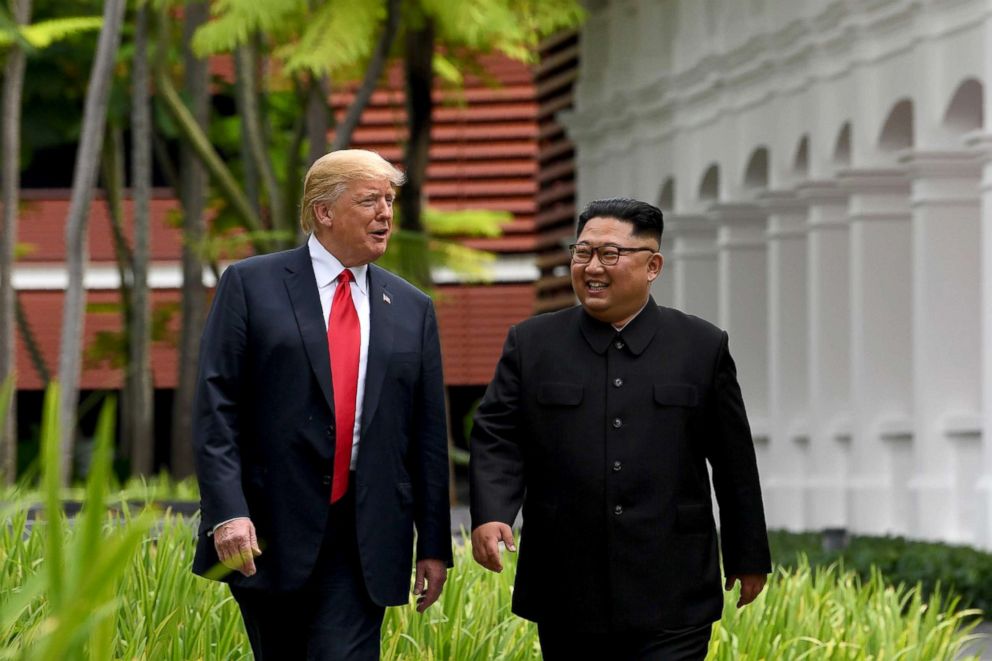
But with the Trump administration now pushing for a diplomatic solution to North Korea's nuclear program, Russia has found itself on the outside looking in, and it wants nothing more than to be in on the game and considered an important player. That's why Russian Foreign Minister Sergei Lavrov paid Kim Jong Un a visit just days before his and Trump's Singapore summit.
Putin may offer to help the U.S. negotiate with North Korea, as Russia did during the Six-Party Talks under the George W. Bush administration. It's unclear how much influence Russia has with Kim, but the backing of another regional power could help push North Korea along on the road to denuclearization.
Still, what the U.S. must really be vigilant for is a push by Russia to ease sanctions on North Korea so that it can reignite economic activity. This past week, the top North Korean diplomat in Russia's far east province of Primorsky met with the region's governor, and they advocated for building a bridge across the border, expanding trade, and increasing the number of North Korean guest workers in Russia -- which would violate United Nations Security Council sanctions.




